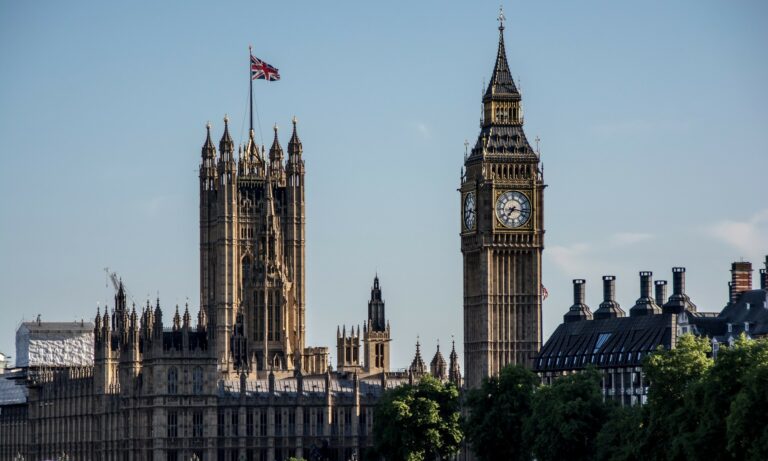The Chancellor’s response to the Consultation on Business Rates reform as outlined in the Budget today was “disappointing” said John Webber head of business rates at Colliers.
Webber said that after delaying his response four times in the last year, the Chancellor has yet again ‘missed a golden opportunity’ to reassure businesses and to instigate the fundamental reforms campaigned for and needed- particularly for the beleaguered retail sector.
“There were some positive announcements today – but overall, the Chancellor’s measures were “underwhelming” said Webber.
“The Chancellor has made it clear he is determined to continue to raise “£25 billion from this tax and as a result his proposals only tinker with the system. The measures suggested will not have a major impact on saving the high street in the longer term.”
On the news that more frequent valuations were confirmed to take place every three years from 2023, Webber said: “Whilst we support more frequent valuations, already mooted in the Summer, we would prefer to see annual revaluations- so that rates are a closer reflection of current rental values. We also need to see what caveats the Government has introduced alongside its proposals. If the Government, as mooted, imposes a duty on rate payers to supply detailed information to the VOA about their properties on an annual basis for these valuations, this will provide considerable paperwork and an extra administrative burden on businesses.
On the review of Plant and Machinery clauses to encourage green improvements, he said: “Again, this move to offer reliefs for investment in green initiatives such as solar panels and heat pumps is a move in the right direction,” and that in terms of impact, this could result in significant savings over time, which would be good news for tenants and landlords,
On the new business rates relief for property improvements for a 12-month period, he said: “Again, we would support this, but this policy has been in place in Scotland for some time and does not appear to have led to any great investment activity. Twelve months is also a very short period, so the benefits of this proposal are limited.
He called the 50% discount in rate bills for Retail, Hospitality and Leisure Businesses for the next 12 months from April 2022 a “sticking plaster”.
“The government is limiting reliefs to a maximum of £110,000- so again this will not help the bigger retailers – the ones making the major decisions on opening or closing stores and maintaining jobs,” said Webber. “This will have limited benefits. Retailers will still be facing the cliff hanger of an unfair rating system in 2023 when new rate bills fall.”
In addition to what the Chancellor put in his speech today Colliers is also concerned about what the Chancellor left out – particularly the failure to mention the £1.5 billion Business Relief Fund announced in March, promised to businesses – but from which not a penny has yet been paid out.
Webber said: “The Government published its interim report of the fundamental review of the business rates system last March, when it listed the responses of the industry to the consultation from across all sectors- both private and public. The industry was unanimous about what needed to be done – but disappointingly only two of the points suggested have been addressed today.
“To not tackle the business rates burden, the multiplier, the relief system, overhaul the CCA appeals system or even to consider other taxes such as an on-line sales tax or delivery tax to help reduce the burden of business rates- feels like a kick in the teeth.” says Webber, “Everything that I and my fellow professionals, businesses and trade groups have been saying for years appeared in the Government’s interim report in March. Yet here we are yet again seeing no overall concluded reform and no apology for the lack of action.
“I wonder why the Government went through the process of consultation in the first place- if it is to ignore all advice yet again.
“The Chancellor does seem hostage to the Treasury. The problem with his response however is that by failing to properly reform business rates, he’ll have cooked the goose that lays the golden eggs, and more business will struggle or go under. Local finances will be even more impacted particularly in the poorest parts of the country.”


